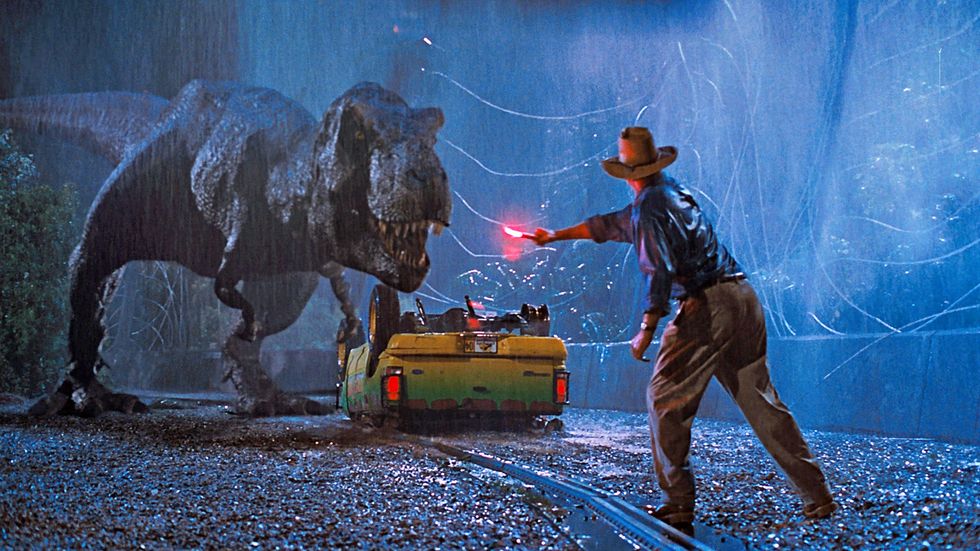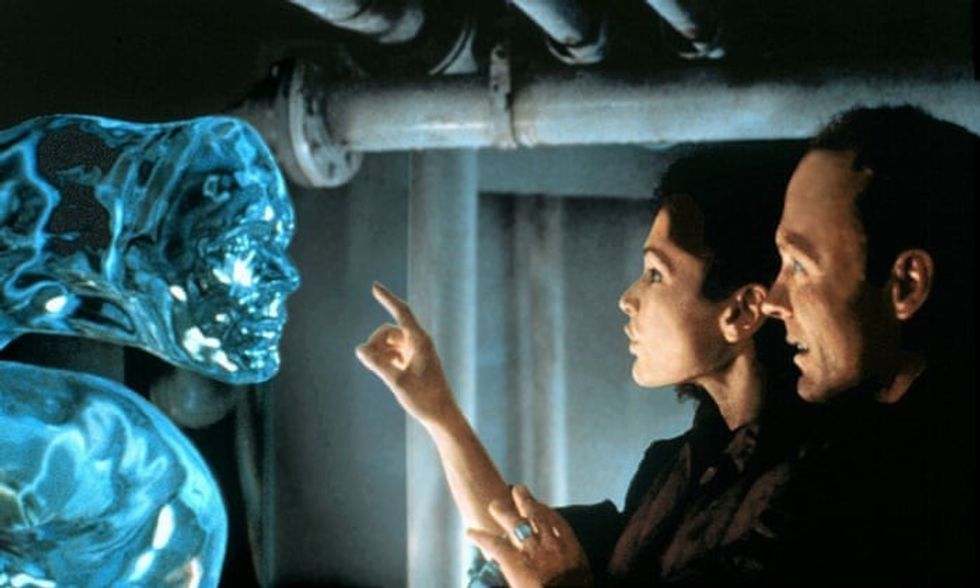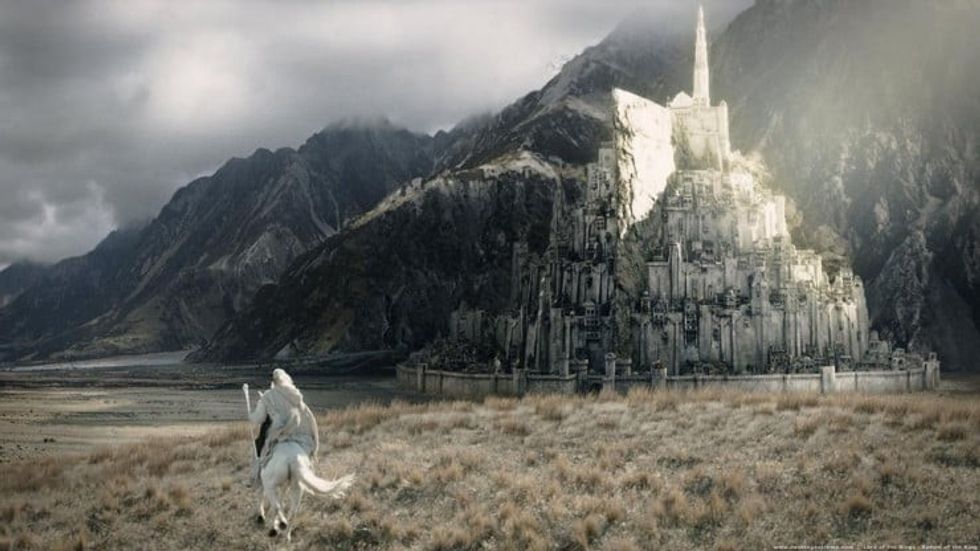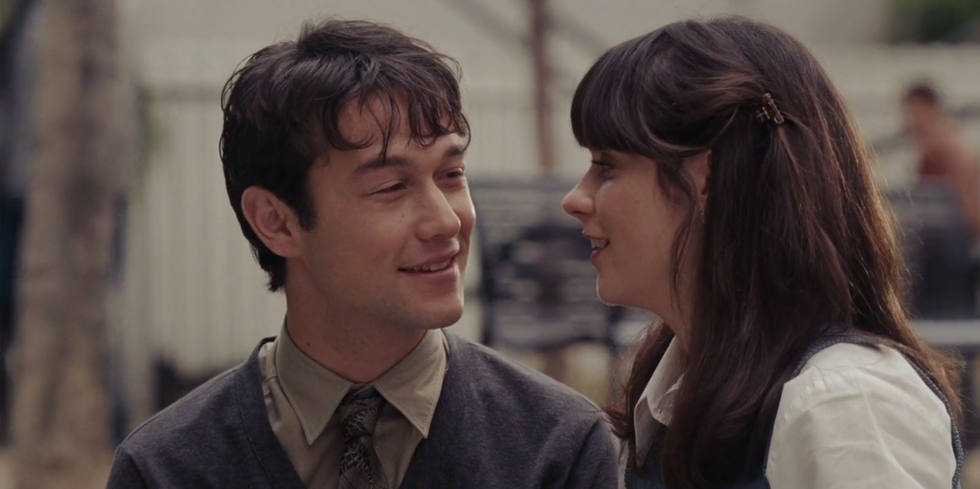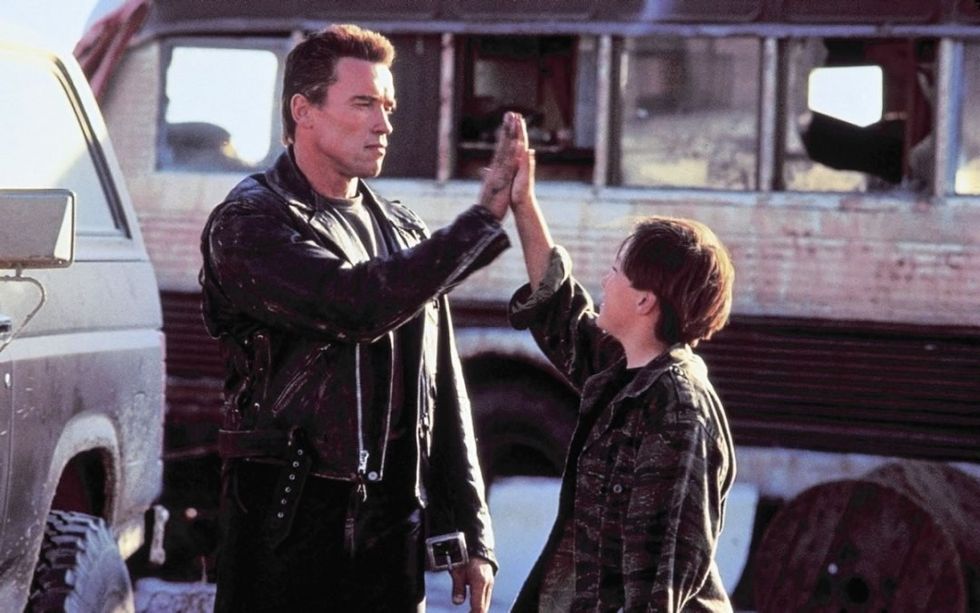3 Things That Make Quentin Tarantino's Dialogue So Damn Good
Quentin Tarantino is one of the best at writing dialogue, mostly because he always includes these three storytelling devices.
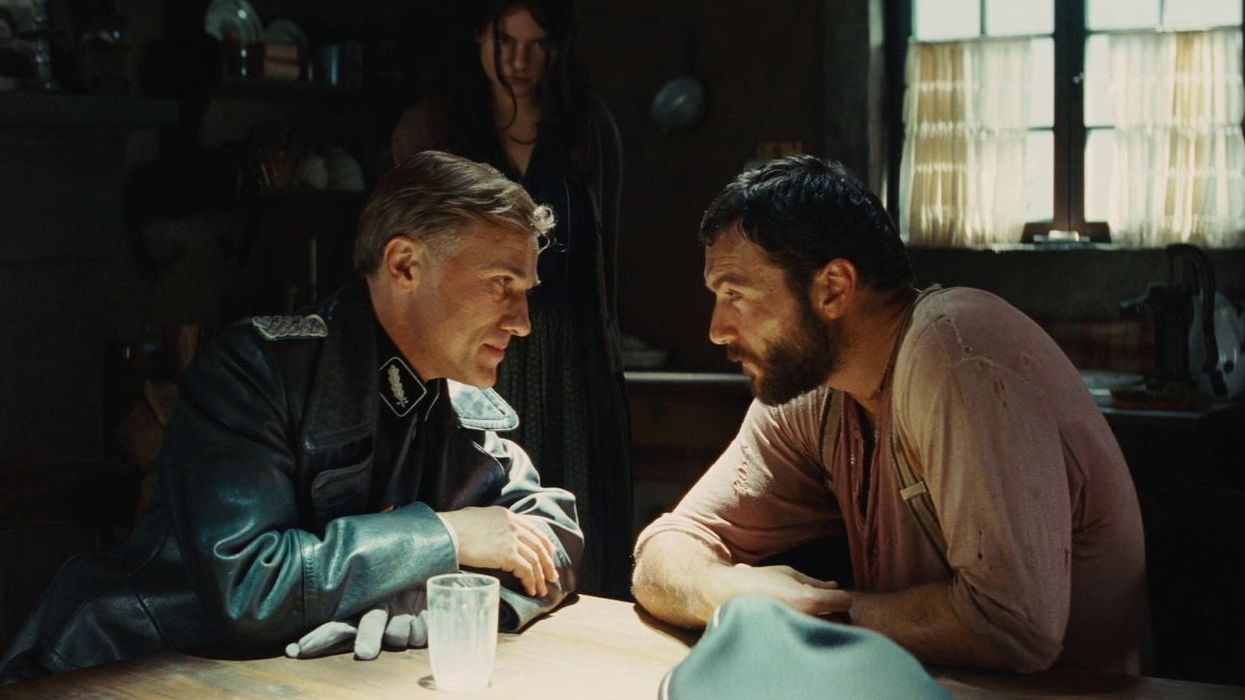
If you're a fan of movies with quick-witted, clever dialogue, then Quentin Tarantino is probably high on your list of favorite filmmakers. From Pulp Fiction to The Hateful Eight, the director's films are well written, funny, and suspenseful, but—they're also incredibly wordy. But wait, isn't the standard axiom in cinema "show, don't tell?" Tarantino is doing a hell of a lot of telling, don't you think? Well—yeah, that's true. His films tend to have copious amounts of dialogue, which would mean certain death to other films, however, his always seems to work. Why?
In this video essay, Henry Sharpe of The Closer Look delves into the way Tarantino expertly crafts his dialogue in order to pinpoint the narrative devices he uses to keep the audience entertained, engrossed, and on the edge of their seats. Check it out below:
The Pledge
This narrative device, coined by Sharpe, is called "the pledge." Similar to a hook, the pledge acts as a promise to the audience that something big is about to happen in a scene. Tarantino uses these at the beginning of many scenes, including the opening one in Pulp Fiction, when Honey Bunny and Pumpkin are sitting at a table inside a diner. The first line, delivered by Pumpkin, who is played by Tim Roth, is simple:
"Forget it. It's too risky."
Immediately, the audience is hooked. What's too risky? What's the plan? Is it bad? Is it dangerous? Who are these people and what are they about to do? Tarantino sucks you in with just five words, five very economical, very loaded, very clever words. But remember, the pledge is not a hook. A hook grabs your attention and lets it go once you've been sucked in, right? Kind of like the opening scene of Reservoir Dogs where the first words, uttered by Mr. Pink, played by Tarantino, are:
"Let me tell you what 'Like a Virgin' is about. It's all about a girl who digs a guy with a big dick."
See the difference? The hook is the phrase "big dick." We hear "big dick" and we're like, "What's this now? Who's talking about big dicks?" The pledge is less of a shock to our senses but appeals greatly to our intellect.
Subtext
Subtext is an essential part of screenwriting in general, but Tarantino is uniquely adept at infusing it in his writing. What's subtext? Okay, it's basically the meaning behind what the characters are saying. A couple is arguing at dinner. It sounds like a fight they have often. The waiter asks if they'd like a dessert menu, but they ask for the check instead. See that? By asking for the check, they're implying that they are no longer willing to continue engaging with each other anymore rather than saying, "You know what, Bill. I've had it. This discussion is over. I want to go home." Dumb. Dumb dialogue.
There are so many examples of Tarantino using subtext to inform the audience, one of my favorite being the strudel scene from Inglourious Basterds, in particular when Hans Landa orders milk for Shoshanna, the significance being that Landa asks for milk at Perrier LaPadite's milk farm prior to discovering Shoshanna and her family hiding underneath the floorboards.
Now, without subtext, this scene would've been boring. Landa would've said, "Hey, I know you're the one who escaped from LaPadite's milk farm!" Instead, Tarantino loads Landa's words like a shotgun, the subtext being the shells and the trigger the context. We know, as he's speaking, that his mouth is cocked and fully loaded, but instead of pulling the trigger, he waits.
Suspense
The final device that makes Tarantino's dialogue so brilliant is suspense. Now, there are many other ways to build suspense in a film, including camera movement, editing, and lighting, but the director masterfully uses conversations, many times one-on-one, the build tension and anticipation in a scene. Tarantino does this in several scenes in Pulp Fiction, like during Jules' "Ezekiel 25:17" monologue and the "Bad Motherfucker" scene between him and Pumpkin at the diner.
However, these scenes, while suspenseful, don't utilize a key element that Alfred Hitchcock calls the "bomb theory," which is the act of giving the audience information of which the characters are unaware, like a bomb underneath a table where several people are discussing baseball. The audience is forced to squirm in their seats as they watch these unsuspecting characters prattle on about something trivial all while they are inching closer to death literally every second.
Once again, Inglourious Basterds is a prime example of how Tarantino throws a bomb into a scene and forces his audience to watch as it reaches zero, including in that strudel scene I just mentioned, but we also see it in the pub scene where Lt. Archie Hicox, a British spy posing as a German officer, orders three whiskies by holding up his index, middle, and ring fingers. Major Hellstrom notices that this is not the traditional German mannerism when counting, which of course means game over—but not right away. Tarantino allows the moment to marinate. The audience knows that Hellstrom has realized Hicox is a spy, but Hicox, nor anyone else, knows this. This creates incredible tension that keeps you on the edge of your scene until, of course, the obligatory Tarantino bloodbath at the end.
What are some aspects of Tarantino's screenwriting that you admire? Let us know down in the comments.
Source: The Closer Look

